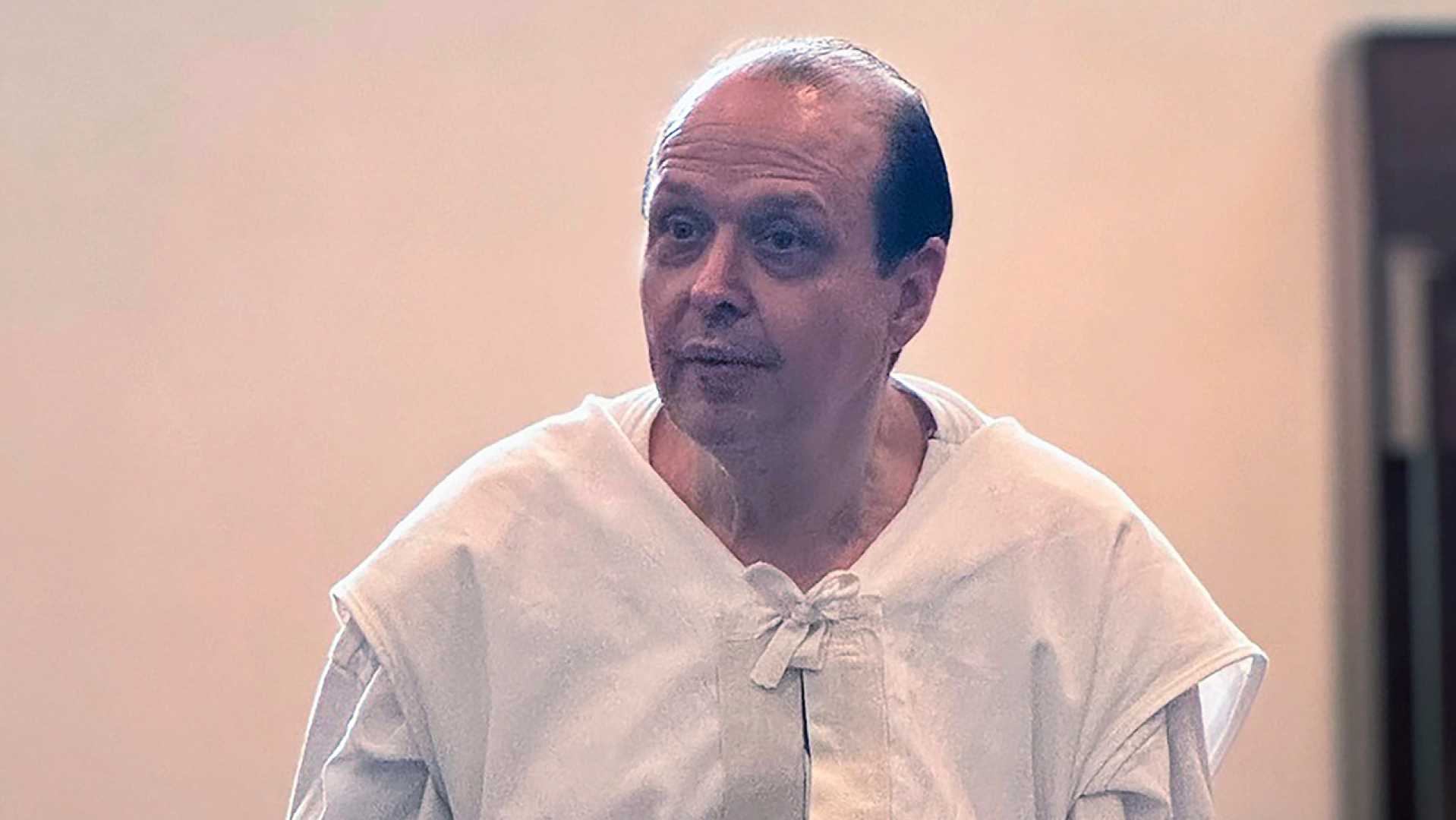News
Texas Faces Controversy Over Scheduled Execution in Shaken Baby Syndrome Case

Texas is poised to execute Robert Roberson, a man convicted of killing his two-year-old daughter in 2002, amidst ongoing debates over the validity of the diagnosis that led to his conviction. Roberson, 57, is scheduled to face lethal injection at 6 p.m. local time on Thursday at the Texas State Penitentiary at Huntsville, maintaining his innocence to this day.
The case against Roberson was primarily built on what has been termed as “shaken baby syndrome.” However, this diagnosis has faced significant scrutiny over the years, with medical experts now acknowledging that symptoms traditionally linked to this syndrome can also be caused by other medical conditions or illnesses. The American Academy of Pediatrics, in 2009, renamed it “abusive head trauma” to reflect a broader set of causes beyond violent shaking.
Efforts are ongoing to delay Roberson’s execution. His legal team has requested a 30-day reprieve from Governor Greg Abbott, and the U.S. Supreme Court’s intervention remains a potential halting factor. On Wednesday, the Texas Board of Pardons and Paroles decided against recommending clemency, not elaborating on its decision, leaving Abbott’s intentions unknown.
The execution is drawing national attention as it could be the first in the U.S. carried out on an individual diagnosed with autism, which Roberson was diagnosed with in 2018. His lawyers argue that critical evidence related to his condition and his daughter’s medical issues was excluded from his trial.
Brian Wharton, a retired detective who initially testified against Roberson, has become a vocal advocate for his innocence, expressing deep regret over his role in the investigation. “This is an innocent man, beyond question,” Wharton stated during a recent hearing conducted by a bipartisan coalition of Texas lawmakers.
According to Roberson, on January 31, 2002, he found his daughter Nikki unresponsive, claiming she had fallen out of bed. Despite his account, medical staff at the time diagnosed her with brain injuries associated with abuse, leading to his arrest for capital murder.
Medical experts and advocates assert that new evidence points to Nikki’s chronic illnesses as the real cause of her death. Prior to her demise, she had experienced severe fevers and was noted to have alarming breathing issues, receiving numerous hospital treatments.
Both supporters and critics of Roberson’s execution cite the evolving understanding of medical diagnostics in shaken baby syndrome cases, highlighting at least 34 related convictions overturned since 1992, as reported by the National Registry of Exonerations.
A petition bearing over 116,000 signatures has been submitted to Governor Abbott, advocating for the commutation of Roberson’s sentence. The case continues to evoke widespread calls for caution in the judicial application of disputed scientific evidence in capital punishment cases.












